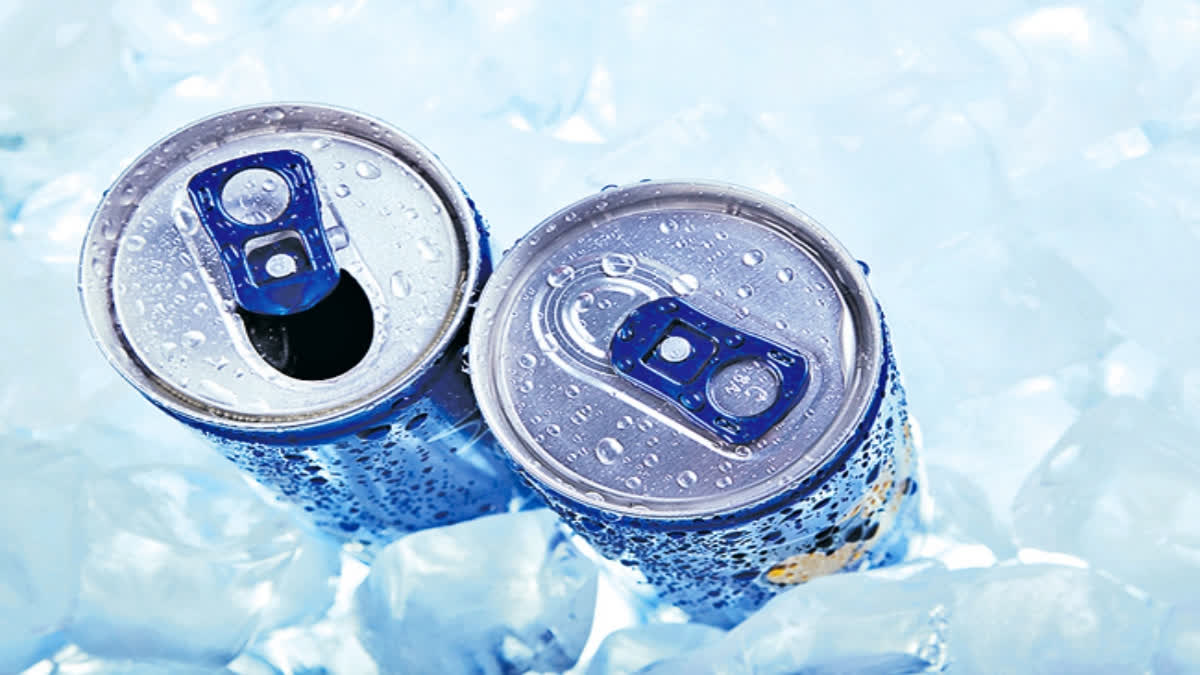Hyderabad: Beware habitual energy drinks consumers! A major Norwegian study published in the open-access journal BMJ Open has revealed that consuming energy drinks is associated with poor quality sleep and insomnia among college students.
According to the researchers, the more often you consume energy drinks, the more disturbed your night's sleep is. It is noteworthy that even if you drink it 1-3 times a month, the risk of insomnia increases.
Energy drinks contain caffeine, sugar, vitamins, and minerals. An average of 150 mg of Caffeine is added per litter. Students and youth are more attracted to these because they are advertised as providing physical and mental energy. However, the reality is not the same as caffeine can induce sleep. Although some studies suggest that energy drinks reduce sleepiness, the extent of the effect is unknown.
To delve into this issue further, the Norwegian study was conducted on 53,266 people aged 18-35 years belonging to the Students' Health and Well-being Study (SHOT22 study), the most recent wave of a large national survey of college and university students in Norway. Among the participants, 4.7 per cent of the males and 3.3 per cent of the females reported consuming energy drinks daily.
The study calculated sleep efficiency by examining total nightly hours of sleep vs time spent in bed. It resulted that both men and women who reported daily consumption slept around half an hour less than those reporting only occasional or no consumption. Similar associations were also observed for waking after falling asleep and taking longer to fall asleep.
According to the researchers, if the same situation continues in the people examined, it will lead to insomnia. Insomnia was defined as experiencing difficulties falling and staying asleep and waking early on at least 3 nights of the week, plus daytime sleepiness and tiredness for at least 3 days of the week, for at least 3 months.
However, the survey responses witnessed major sex differences in patterns of energy drink consumption. Women were more likely than men to report never or seldom consuming energy drinks.
Read More



